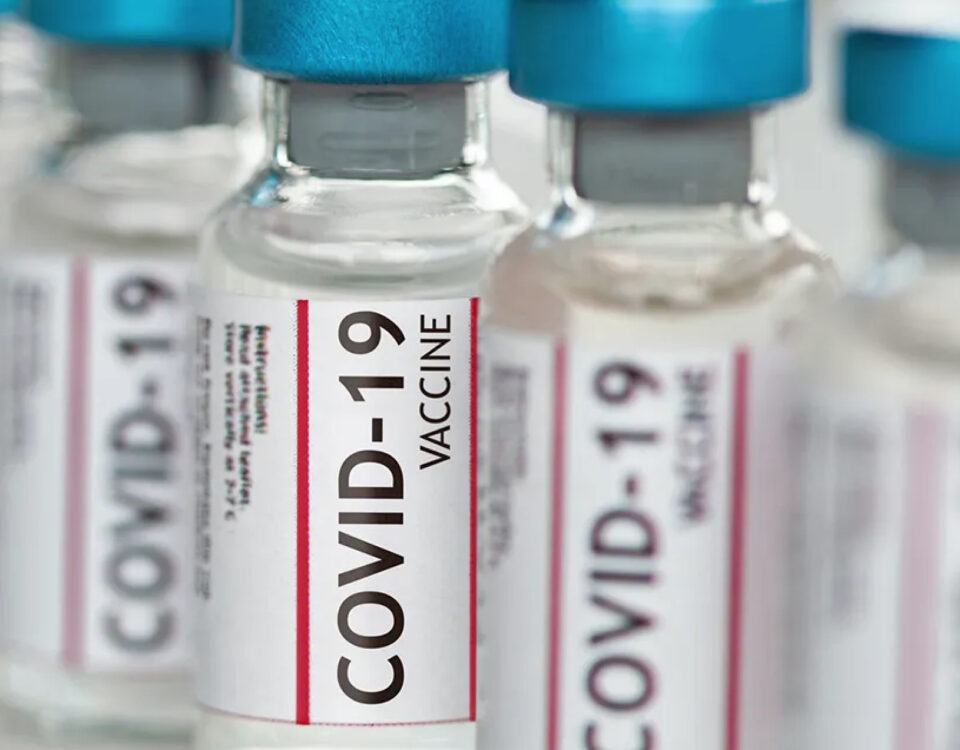Pacifiers for Babies – What are the Risks and Benefits?
Choosing Baby’s Playpen – Safety suggestions to help avoid injury
May 20, 2009Supposed ‘miracle drug’ for autism called ‘junk’
May 22, 2009Family physicians and pediatricians are often asked for guidance about pacifier use in babies and children. We’re also asked when to appropriately wean a child from a pacifier. Unfortunately, studies show that now every physician is up to date of the evidence. But, here I explain to parents the best evidence on the benefits and the risks of pacifier use, so that you can make wise decisions for your baby.
More Information:
The benefits of pacifier use include:
- analgesic (pain relieving) effects,
- shorter hospital stays for preterm infants, and
- a reduction in the risk of sudden infant death syndrome.
Pacifiers have been studied and recommended for pain relief in newborns and infants undergoing common, minor procedures in the emergency department (e.g., heel sticks, immunizations, venipuncture).
The American Academy of Pediatrics (AAP) recommends that parents consider offering pacifiers to infants one month and older at the onset of sleep to reduce the risk of sudden infant death syndrome.
However, there are potential risks with using a pacifier.
Potential complications of pacifier use, particularly with prolonged use, include:
- a negative effect on breastfeeding,
- dental malocclusion, and
- otitis media (middle ear infections).
Adverse dental effects can be evident after two years of age, but mainly don’t occur until after four years of age.
The American Academy of Family Physicians (AAFP) recommends that mothers be educated about pacifier use in the immediate postpartum period to avoid difficulties with breastfeeding.
The AAP and AAFP recommend weaning children from pacifiers in the second six months of life to prevent otitis media. However, the groups say, pacifier use should not be actively discouraged and may be especially beneficial in the first six months of life.
Here are some FAQs and their answers, courtesy of the AAFP:
1) Why do children use pacifiers?
- Sucking is a natural instinct in babies. A pacifier can fulfill this desire. In older children, pacifiers may be a form of security or comfort.
2) Can a pacifier be good for my child?
- Pacifiers may help reduce pain during common procedures, like blood draws and shots. Sucking on the pacifier has been associated with shorter hospital stays and better bottle feedings in babies who were born early (premature). Pacifiers may also lower the risk of sudden infant death syndrome, or SIDS, if your baby uses it while sleeping.
3) Can a pacifier be bad for my child?
- It is unclear whether pacifiers cause breastfeeding problems, but some babies may breastfeed less if they use one. It is probably best to use a pacifier only after your baby has learned how to breastfeed well and is at least one month old.
- Regular pacifier use after two years of age may cause problems with your child’s teeth, but these problems are more likely after four years of age. Although pacifiers usually have germs on them, they haven’t been proven to make children sick. Babies who use a pacifier are more likely to get ear infections. It may help to use the pacifier only at bedtime.
4) What should I know before giving my baby a pacifier?
- Pacifiers seem to be most helpful in children younger than six months. The risks of pacifier use may get worse after two years of age.
- Never force your baby to use a pacifier. If it comes out during sleep, don’t put it back in.
- Don’t put anything on the pacifier, like sugar, to persuade your child to use it.
- Pacifiers should be cleaned and replaced often.
- Your doctor can help you decide when your child should stop using a pacifier, but consider stopping when your baby is six months to one year of age. The pacifier shouldn’t be used after four years of age.
5) Where can I get more information about pacifiers and their use?
- American Academy of Pediatric Dentistry
- American Dental Association
- American Medical Association
- U.S. Consumer Product Safety Commission
- You can also read more about pacifier use here.






